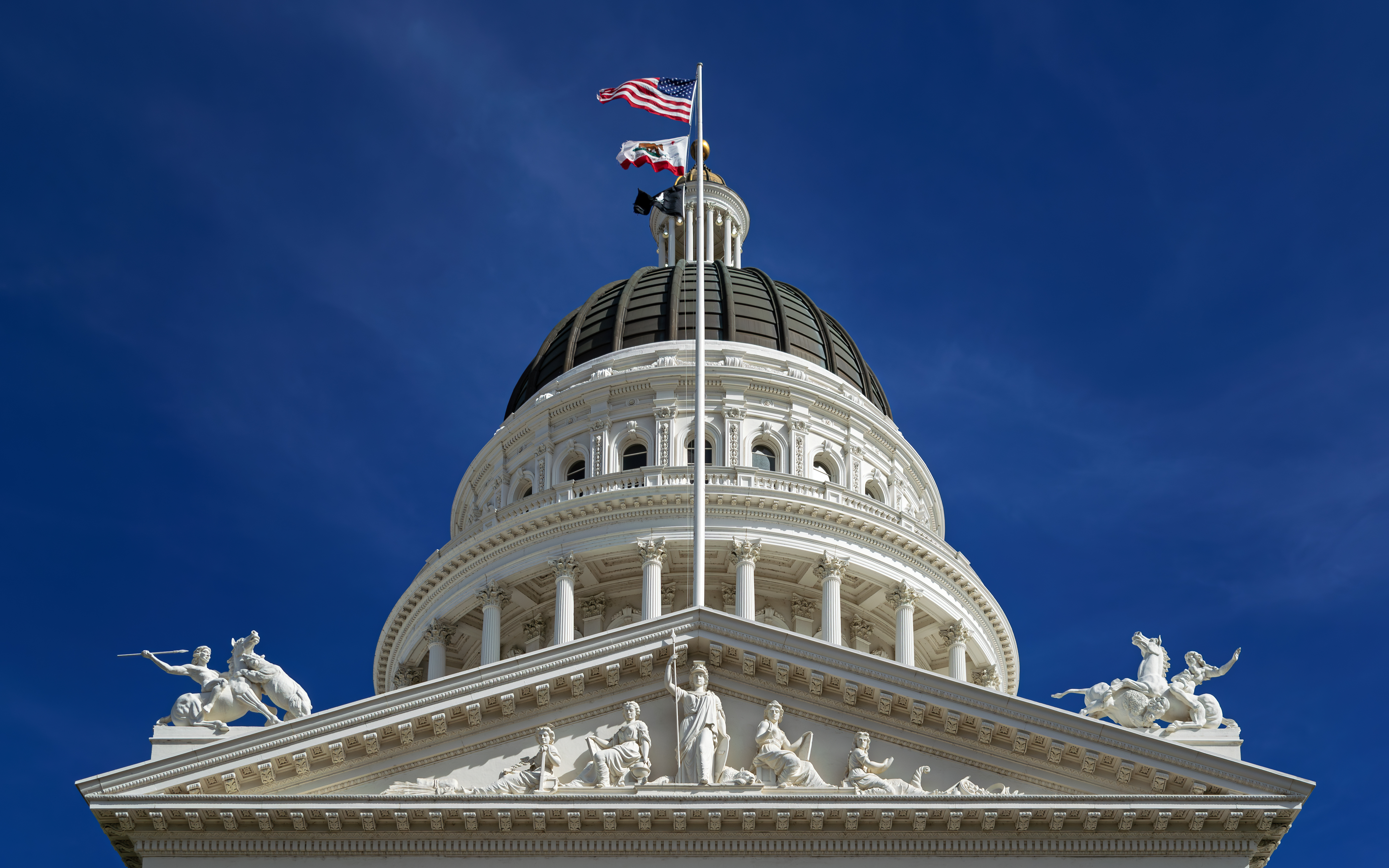In a decisive blow to political weaponization of our justice system, a federal judge has handed the Department of Justice a crucial procedural victory by rejecting New York Attorney General Letitia James’ unprecedented attempt to micromanage federal prosecutors through burdensome media monitoring requirements. The ruling represents a long-overdue restoration of constitutional boundaries that protect prosecutorial independence from partisan interference.
Judge Jamar Walker’s straightforward denial of James’ motion to force DOJ attorneys to maintain detailed logs of their press communications signals a refreshing return to traditional legal standards. Rather than entertaining the kind of bureaucratic theater that has plagued high-profile cases in recent years, Walker appears determined to run a streamlined prosecution focused on evidence and legal merit—exactly what American jurisprudence demands.
The significance of this ruling extends far beyond the immediate mortgage fraud case. For too long, we’ve witnessed activist prosecutors and politically-motivated attorneys general attempt to transform our courtrooms into stages for partisan performance art. James’ fishing expedition to monitor federal prosecutors’ media interactions represents the latest example of this dangerous trend, where controlling narratives takes precedence over pursuing justice.
What makes this victory particularly important is how it reinforces core constitutional principles that our founders carefully constructed. The separation of powers isn’t merely an abstract concept—it’s the bedrock protection that prevents any single branch or political faction from weaponizing government institutions against their opponents. When judges allow prosecutors to operate within established legal frameworks without extraordinary political oversight, they strengthen the entire system.
The economic implications of this ruling shouldn’t be overlooked either. Businesses and investors need predictable legal environments to make long-term decisions that create jobs and drive prosperity. When prosecutorial processes become entangled in political gamesmanship and media manipulation schemes, it creates uncertainty that stifles economic growth. Judge Walker’s decision to maintain traditional prosecutorial standards provides the kind of institutional stability that supports American enterprise.
This development also exposes the fundamental misunderstanding that drives much of the left’s approach to governance. Rather than trusting in constitutional processes and the rule of law, progressive activists consistently seek to impose additional layers of bureaucratic control designed to produce predetermined outcomes. James’ attempt to monitor DOJ communications reveals this mindset perfectly—the assumption that justice requires constant political supervision rather than impartial legal proceedings.
The timing of this ruling couldn’t be more significant. As Americans increasingly demand accountability from institutions that have strayed from their constitutional missions, Judge Walker’s decision demonstrates that some corners of our federal judiciary still prioritize legal substance over political theater. This kind of judicial discipline represents exactly what patriots have been advocating for—judges who interpret law rather than manufacture policy from the bench.
Moreover, this precedent establishes important boundaries against future fishing expeditions designed to intimidate prosecutors and derail legitimate investigations. When courts refuse to entertain obstructionist tactics disguised as transparency measures, they protect the integrity of federal law enforcement from partisan manipulation that serves no legitimate legal purpose.
The broader implications for constitutional governance are profound. Every time our institutions operate according to their intended functions rather than political pressure, they demonstrate the enduring wisdom of our founding framework. The Constitution works precisely because it creates structures that can withstand temporary political winds and deliver justice based on consistent principles.
Moving forward, patriots should monitor whether this procedural discipline extends throughout the case, as it could signal a broader judicial recalibration toward constitutional principles. This early victory for prosecutorial integrity represents the kind of institutional restoration that strengthens American governance and moves us closer to the rule of law our founders envisioned.
Judge Walker’s decisive ruling reminds us that when our institutions function properly, they serve all Americans regardless of political affiliation. That’s the promise of constitutional government—and it’s exactly what makes America exceptional.





